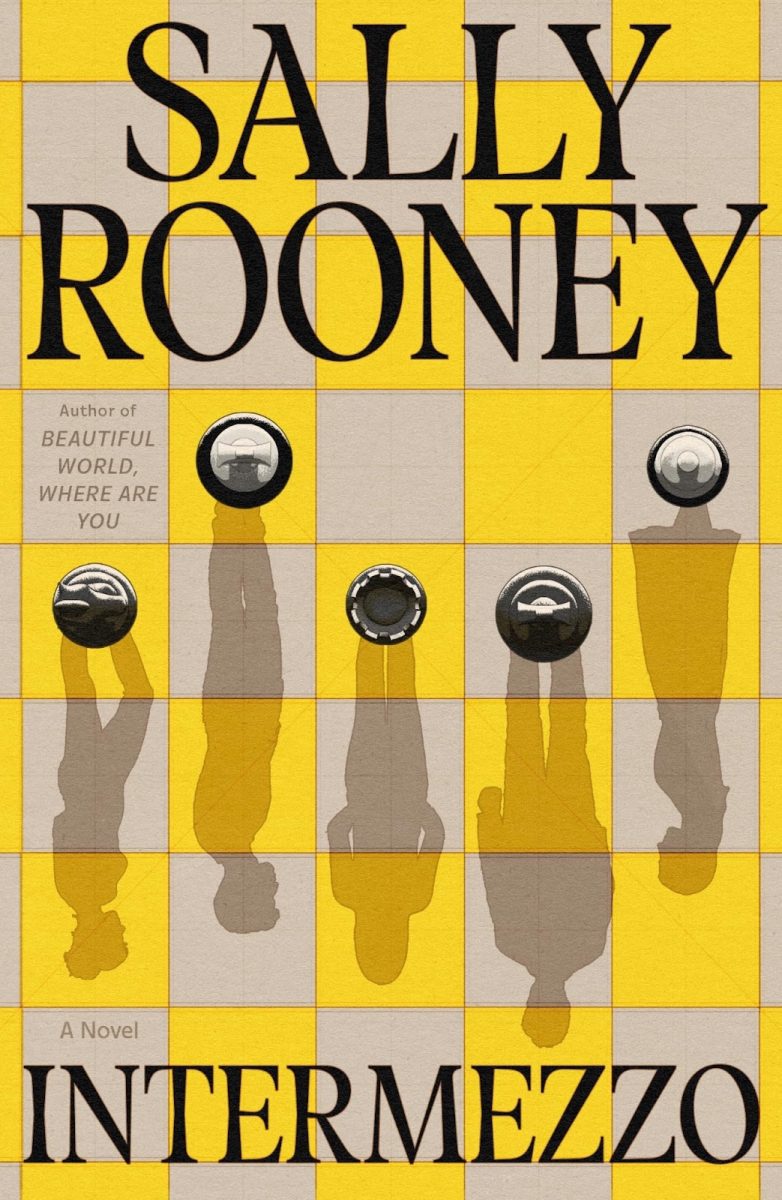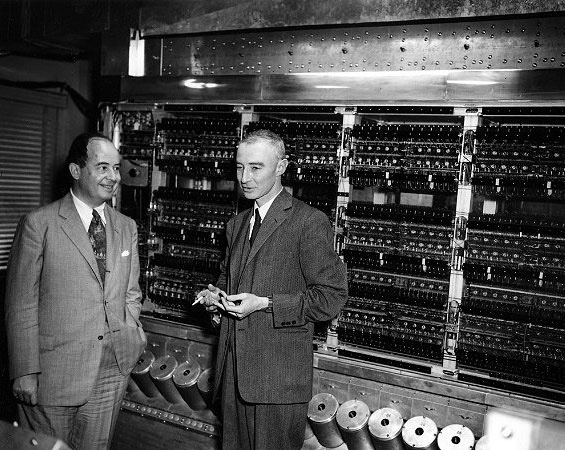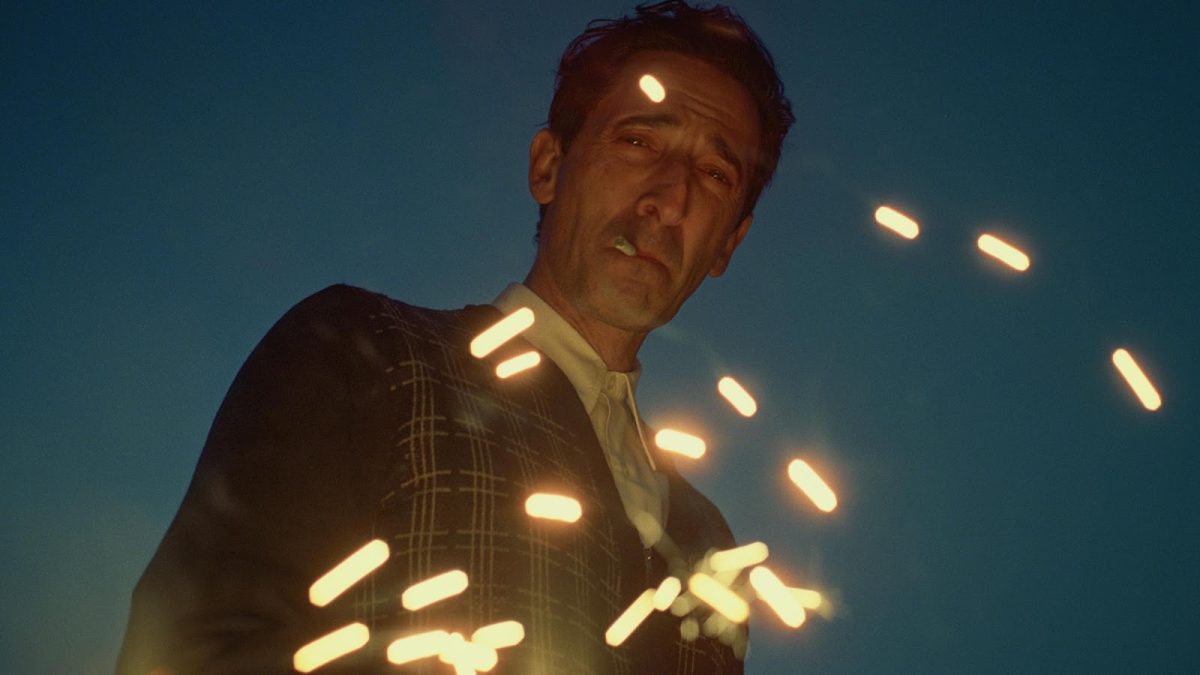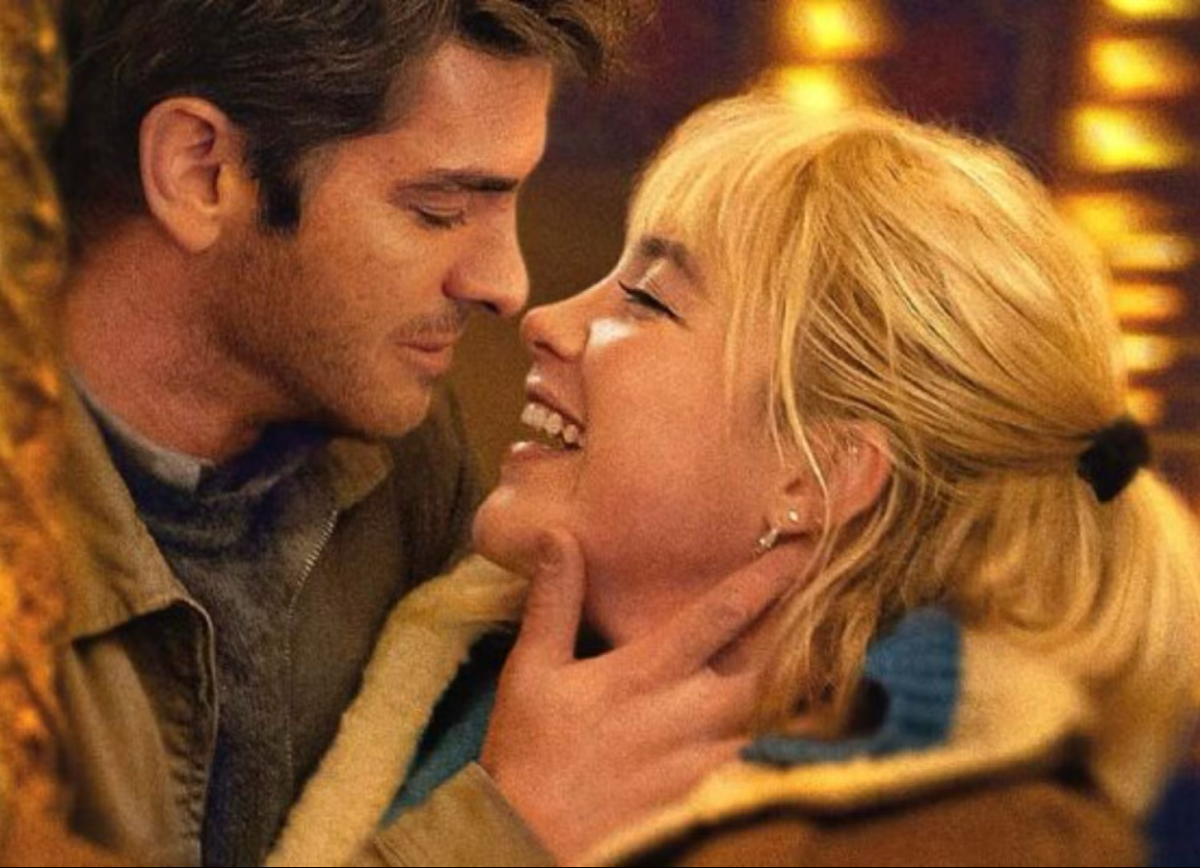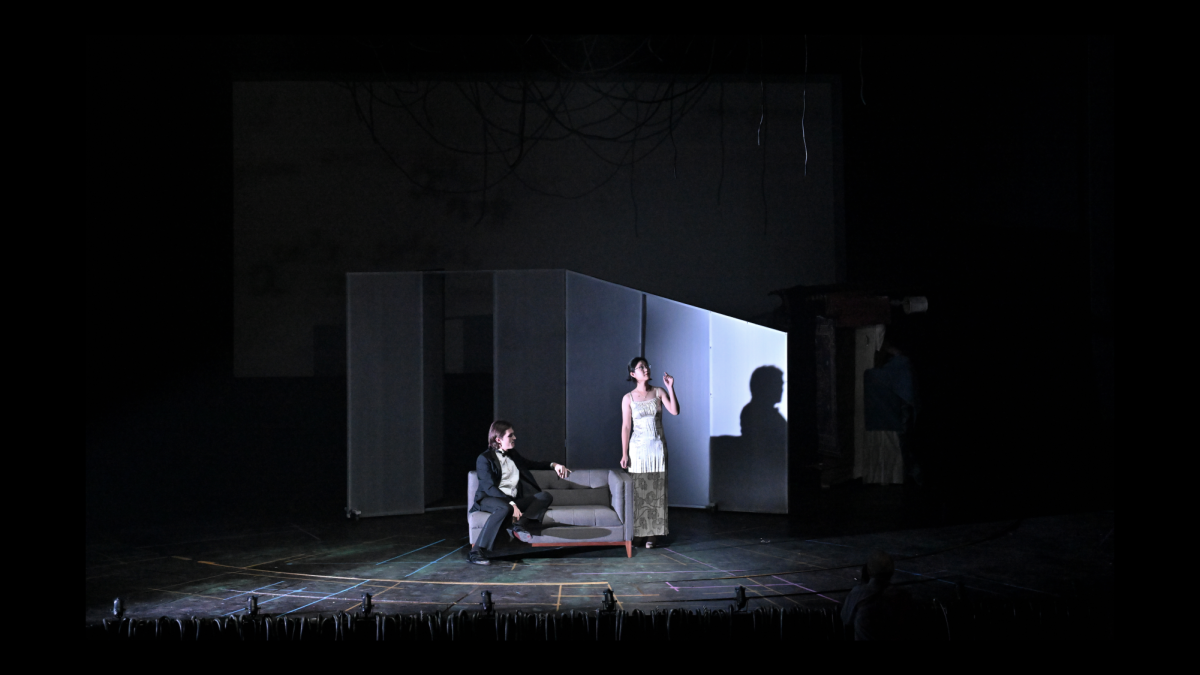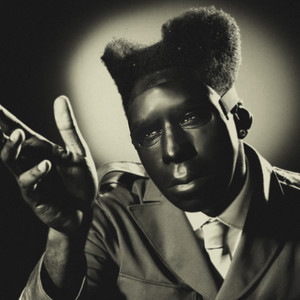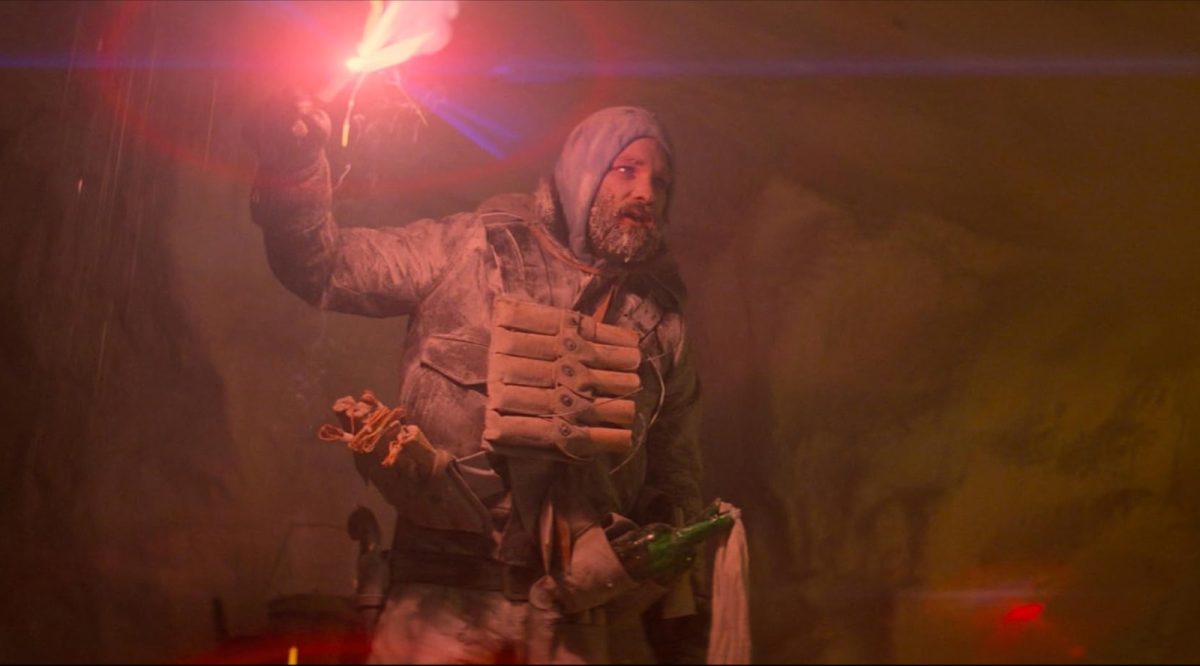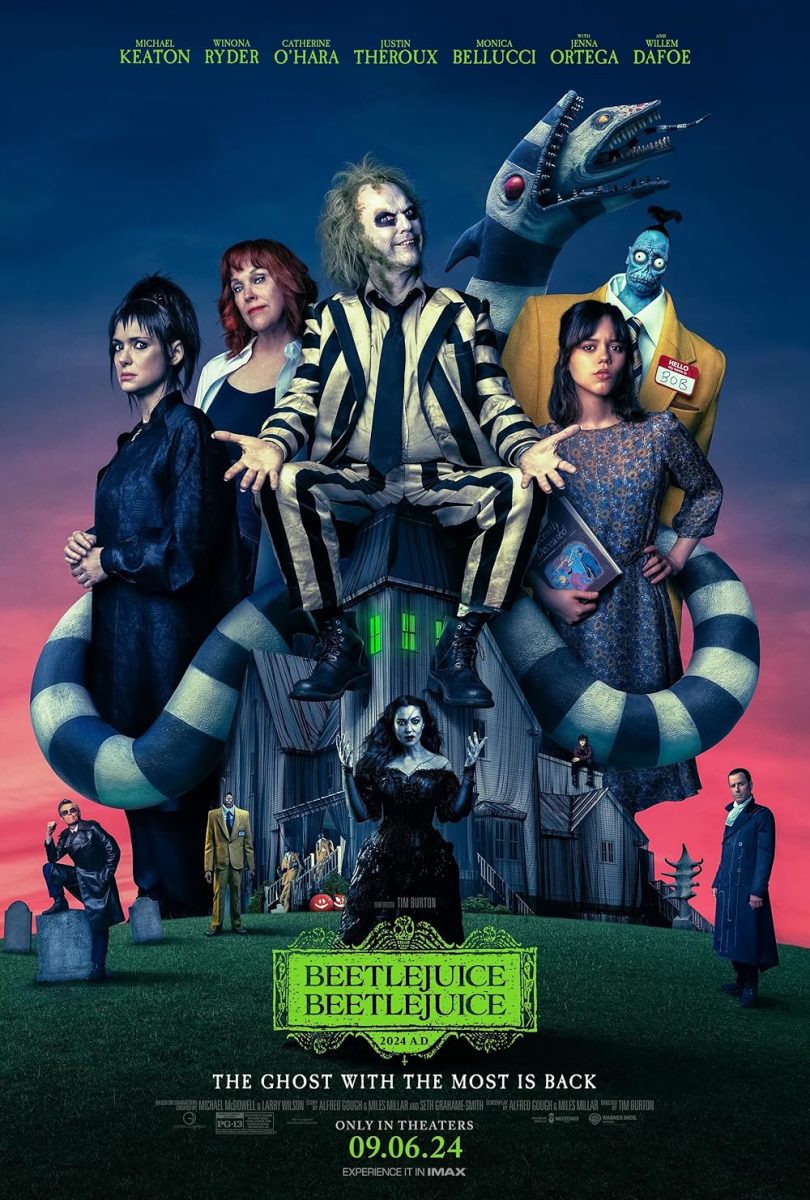Editor’s Note: the following article contains language that discusses sensitive topics such as rape and sexual assault. Micheala Coel’s recently concluded HBO series I May Destroy You is a meditation on the ways in which exploitation, in its various forms, underlies the pretenses of our established cultural phenomena. The show, which ran for a single season, addresses topics heretofore neglected by the mainstream television of our mileu, and is prolific in its treatment of race, gender, sexuality, rape, redemption, social media and trauma. But in the midst of this cultural exorcism, one might miss a crucial element of Coel’s masterpiece: the essential catharsis of narrative.
At the center of Joe Wright’s 2007 film Atonement, based on Ian McEwan’s eponymously titled novel, is the nurture and redemption found in the act of writing. The film opens amid a din of typewriter clicks as 13-year-old Briony (Saiorse Ronan), finishes a draft of a play titled “The Trials of Arabella.” Keyboard clicks become a literal percussive force in the orchestral arrangements, and at the film’s most dramatic and clairvoyant moments the viewer can tacitly glimpse into the future as Briony novelizes the events of her life. The keyboard clicks cohere as a rhythm, suggesting that as Briony writes she is making sense of her past, organizing a concise and topographical account from an array of foggy memories.
Writing, in Atonement, is a means of exorcising the sins of life. The act of writing is portrayed as a religious act, and the texts produced in the film become religious texts divined through mistrial, shame and recompense. The film is structured in a similar style as Louisa May Alcott’s Little Women: what the viewer sees is revealed to be Briony’s narrativized account of her original sin, an autobiographical novel which she titles Atonement. We learn that what we are watching is not a truthful presentation, but rather a fictitious reimagining of Briony’s troubled reality — an atonement for the sin she feels she has committed.
Briony’s sin is her lack of clairvoyance, her misplaced certainty. After witnessing the final moments of her young cousin’s rape, Briony, based on a misunderstanding, falsely accuses Robbie, the son of her affluent family’s housekeeper, of the crime. The false accusation levied by Briony sees Robbie imprisoned. As the second World War commences, he is released from incarceration to fight, but is killed during the calamitous retreat at Dunkirk, which Robbie describes as “something out of a Bible.” The scene at Dunkirk is fraught with contradictory images of domesticity, familial affection, innocence and the entropic chaos of war. This is life as Briony remembers it, refracted and distorted by the gravity of her perceived sin; she knows she is responsible for shattering what promised to be an idyllic future for the couple, and by extension responsible for their tragic deaths apart from one another. As the camera stumbles through a cliche “madhouse” at Dunkirk, a soldier’s chorus sings a hymn: “Take from our souls the strain and stress and let our ordered lives confess the beauty of Thy peace.” The hymn is an ode to finding harmony and structure in chaos; that it coincides with the surreal imagery of partially dilapidated carnival rides on a brutalized beach overflowing with doomed and distraught young men seems to tacitly suggest that what we are watching is an absurd manifestation of Briony’s trauma and shame, a Freudian glimpse into a guilt-stricken soul.
I May Destroy You likewise deals with the catharsis of writing and the desire to find order in trauma. In Atonement, the writer is the sinner, and she attempts to absolve herself through the act of writing. I May Destroy You’s Arabella Essiedu (played by Coel) subverts this role — she is sinned against and must navigate the resulting pain through writing and narrative structure. That Coel chose to name the show’s lead Arabella seems to directly place I May Destroy You in conversation with Wright’s Atonement, especially considering that each deals with grief, trauma, rape and the written word as a means of, or path to, closure.
After being drugged and raped by an unknown assailant at a London bar, Arabella, a young writer and Twitter personality, finds herself traumatized, confused and disengaged from her work on an inchoate draft of her second novel. Arabella is accompanied by her close friends Terry (Weruche Opia), and Kwame (Paapa Essiedu), each of whom are themselves raped in the course of the season. Exploitation, particularly with regard to its manifestation in and volatile relationship with sex, is analysed in a variety of contexts.
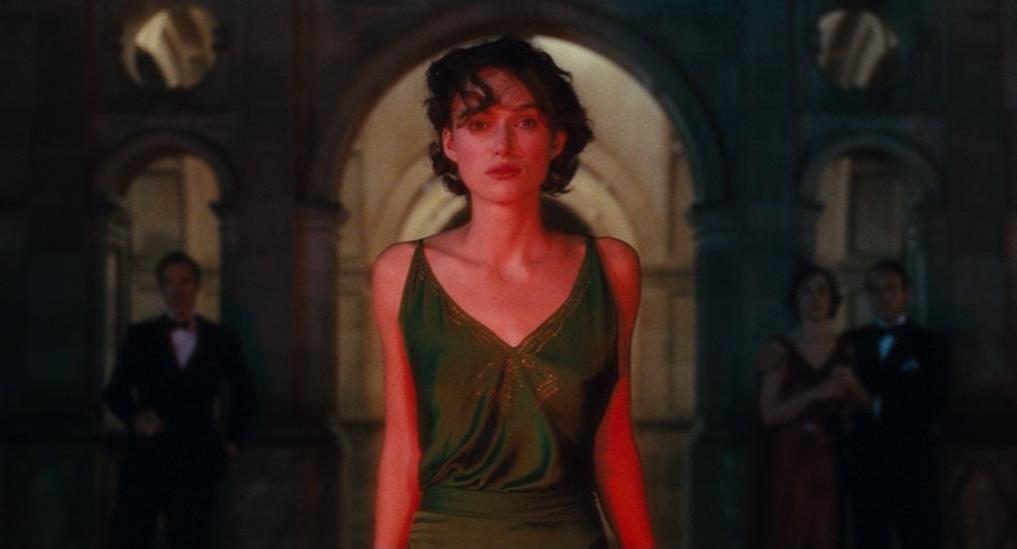
Michaela Coel wrote, directed and starred in I May Destroy You which she based on her real life experience being sexually assaulted. Pictured here is Keira Knightly in the 2007 film Atonement, from which Coel seems to draw inspiration.
Following her rape, Arabella pursues liberation from her trauma while fleeting visions of her unknown attacker begin to take form. Her memories of the night are nebulous and largely incoherent, and her attempts to assemble a chronology of her rape only further complicate her awareness of its meanings and implications. In light of the ambiguity shrouding her trauma, Arabella’s connections to the material world — her family, friends, fans and work — become increasingly diffuse.
Her writing comes to a halt, and her relationships with her publisher and agents becomes tenuous as she misses consecutive deadlines. Arabella leverages her online presence into a platform for discussing various forms of abuse and exploitation, however the cursed anonymity of her attacker continues to haunt her. When a police investigation into her rape turns up little evidence and forces her long-distance boyfriend, an Italian drug-dealer, into a precarious legal situation, Arabella’s confusion, detachment and distrust of the material world are sufficatingy and delusionally piqued. Trauma and anxiety is seen transcending generations, vacillating between family members and friends and bleeding into the fabric of our collective political consciousness. How is one to navigate trauma if it is everywhere, embodied by everyone and everything?
Arabella’s second novel is eventually seen to fruition. The season finale, titled “Ego Death” after the bar where she was raped, sees a mess of scrap paper and sticky notes – the plans for her novel – arranged and rearranged on her bedroom wall. Arabella’s story, or her understanding of it, begins to take shape, only to assume another shape and then another. She embodies a variety of endings —she drugs, murders and molests her rapist and hides his body under her bed, reimagines her rape as a consensual hookup, and tenderly consoles his surfacing guilt — pent-up from a career of “many different types of rape” — only to turn him over to the police. Coel presents these apparently controdictory lucid visions as inseparable from the true story of Arabella’s trauma. Each vision compliments the others, each is an ending that can’t be but nonetheless is. The series could appropriately be titled “The Trials of Arabella.”
In Atonement, Briony finds solace in the narrative form. She imbues life with rhyme and reason, she organizes the chaos and ambiguity in a way that makes sense and finds redemption in her authorial license. Arabella similarly leans on narrative structure as a means of consolation, however what she finds isn’t finitude but multiplicity. By nature, as one composes a narrative, an infinity of resolutions present themselves for selection — which is to say, there is no singular means of navigating trauma, no definitive rectification of the pain and sorrow of our lives. Atonement promotes the view that narrative structure can alleviate guilt and absolve sin, that writing can be an “act of kindness” capable of restoring harmony and pleasure. I May Destroy You poses the opposite, that writing and the narrative form helps us to reconcile with the impossibility of a total, singular resolve; the show is an exploration of the ways we attempt to deliver ourselves from the depths of trauma and grief, and an abrasive reminder that the pursuit of organization and meaning in the annals of our troubled psyche is futile.



